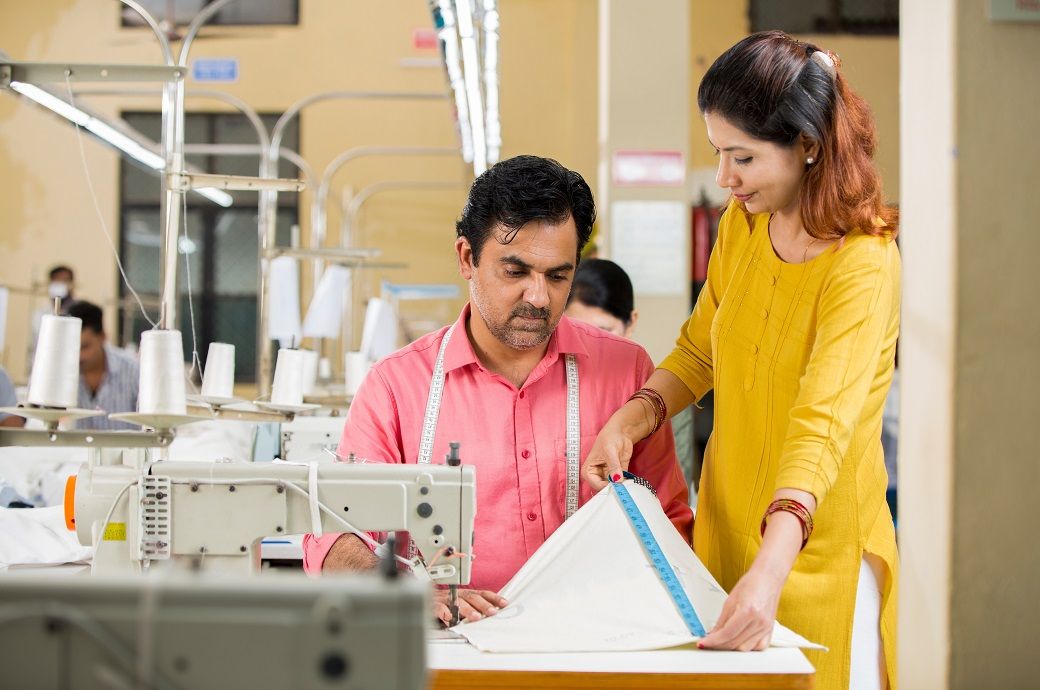

Input cost inflation accelerated to a four-month high but there was a softer upturn in selling charges. Amid reports of accommodative demand conditions and successful marketing campaigns, manufacturers experienced an increase in new work intakes. The upturn stretched the current sequence of growth to 20 months. Moreover, the rate of expansion was sharp in the context of historical data and matched that seen in January. Data implied that the domestic market was the main source of new business growth, as new orders from abroad increased only fractionally. The rise in international sales was the weakest in the current 11-month period of expansion, according to the S&P Global India Manufacturing PMI report.
Input costs in the manufacturing industry increased further, with firms mentioning higher prices for goods including textiles. Despite quickening to a four-month high, the rate of inflation was below its long-run average and among the weakest in over two years.
Some firms opted to pass cost increases through to clients by lifting their selling prices, while the vast majority (94 per cent) left their fees unchanged in attempts to boost sales. Overall, factory gate charges rose at a modest pace that was the slowest in three months and below the long-run series average.
Suppliers’ capacities seemed adequate to keep up with improving input demand, as signalled by stable vendor performance. The seasonally adjusted Suppliers’ Delivery Times Index posted at the 50.0 no-change mark in February.
Subsequently, Indian goods producers experienced another increase in their input inventories halfway through the first fiscal quarter. Companies signalled only mild pressure on their own operating capacities, with outstanding business increasing marginally in February. As a result, there was little change to overall job numbers. Indeed, 98 per cent of panellists reported no change in employment.
Meanwhile, holdings of finished goods fell at the joint slowest pace in the current 67-month sequence of depletion. Where a decline was reported, firms cited the fulfilment of orders from inventories. Business confidence improved in February, with firms expecting demand strength, new product releases, and investments to bode well for growth prospects.
Pollyanna De Lima, economics associate director at S&P Global Market Intelligence, said: “Growth momentum in India’s manufacturing industry was maintained in February, with new orders and output increasing at similar rates to January. Companies were confident in the resiliency of demand and continued to add to their inventories by purchasing additional inputs.
“After slipping to a 26-month low last November, input cost inflation surged in every month since. The latest rise was historically subdued, however, and among the weakest in around two years. The survey showed some reluctance among manufacturers to pass on cost increases to clients, with output charge inflation easing since January.”
Fibre2Fashion News Desk (NB)